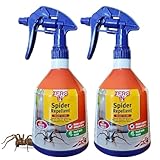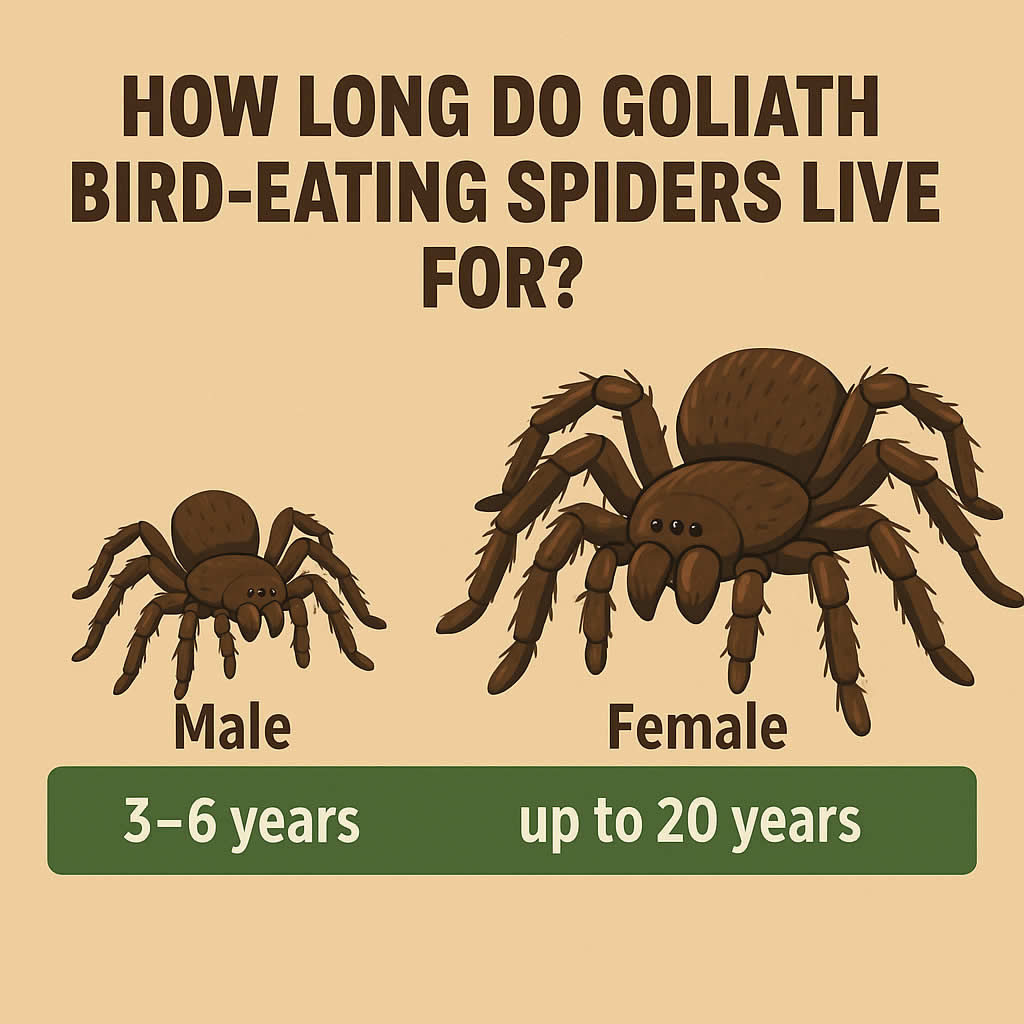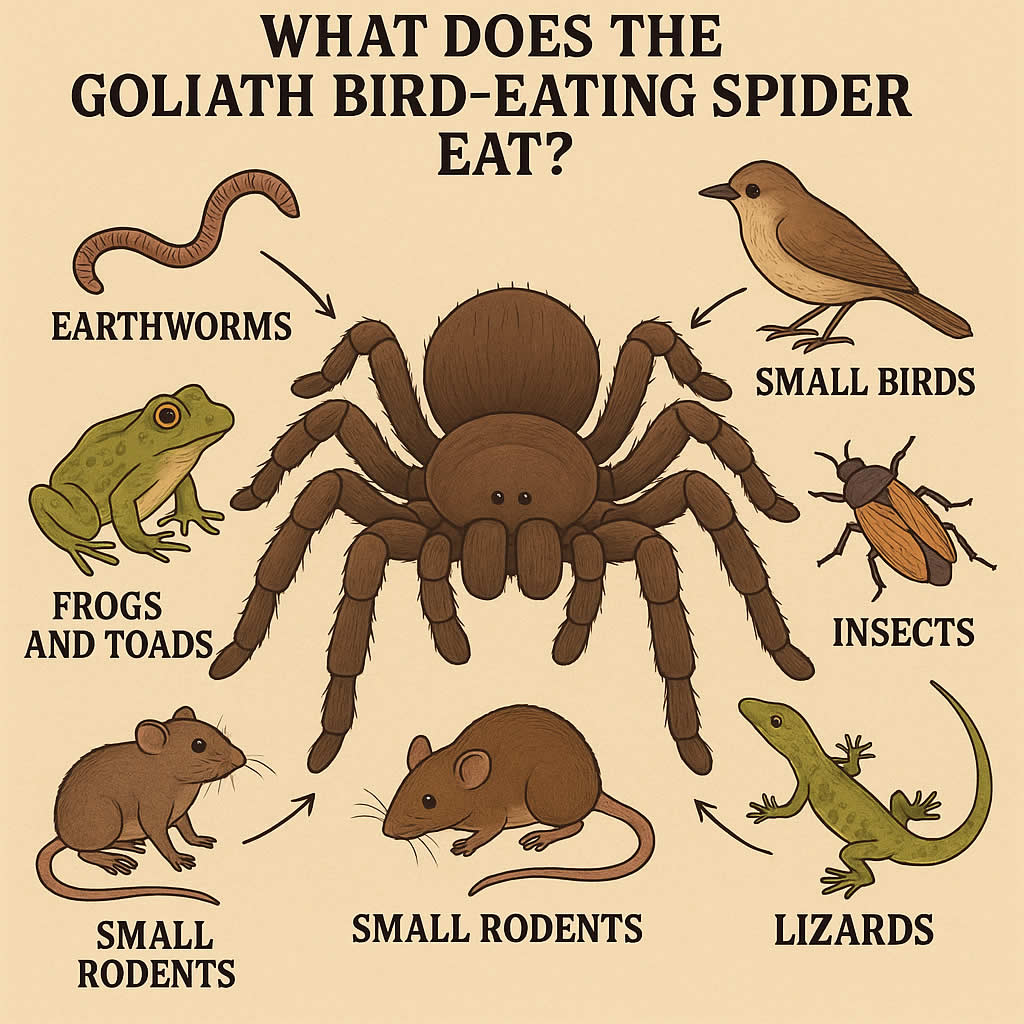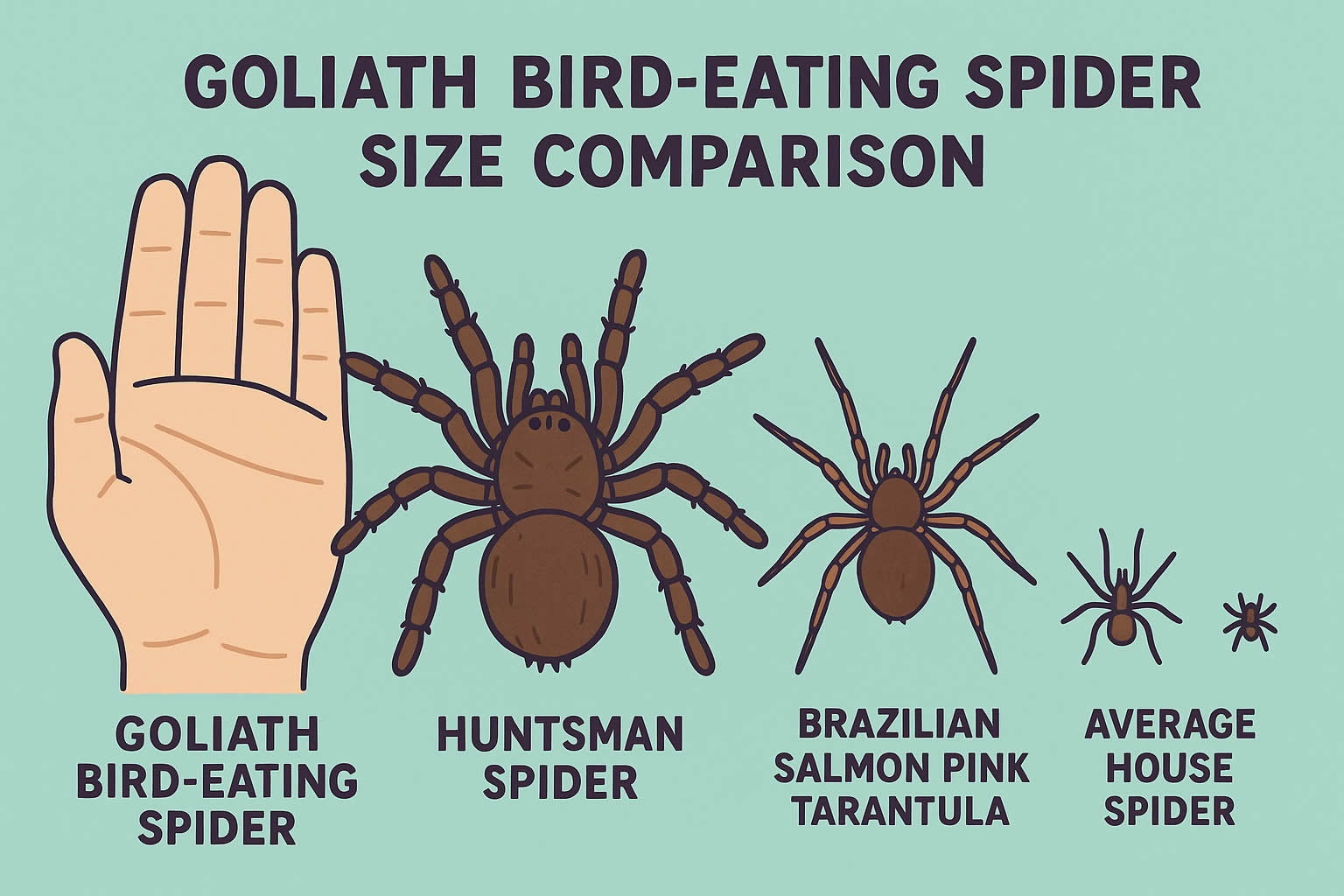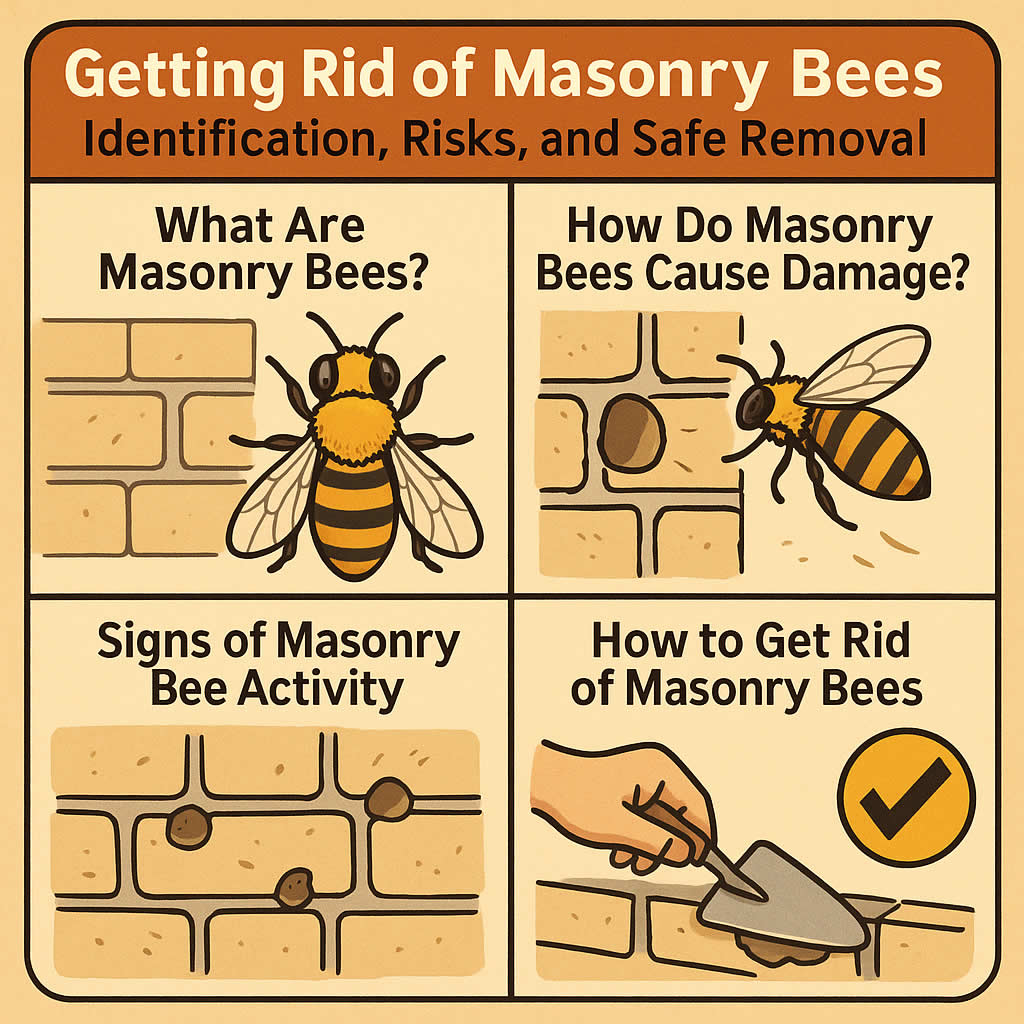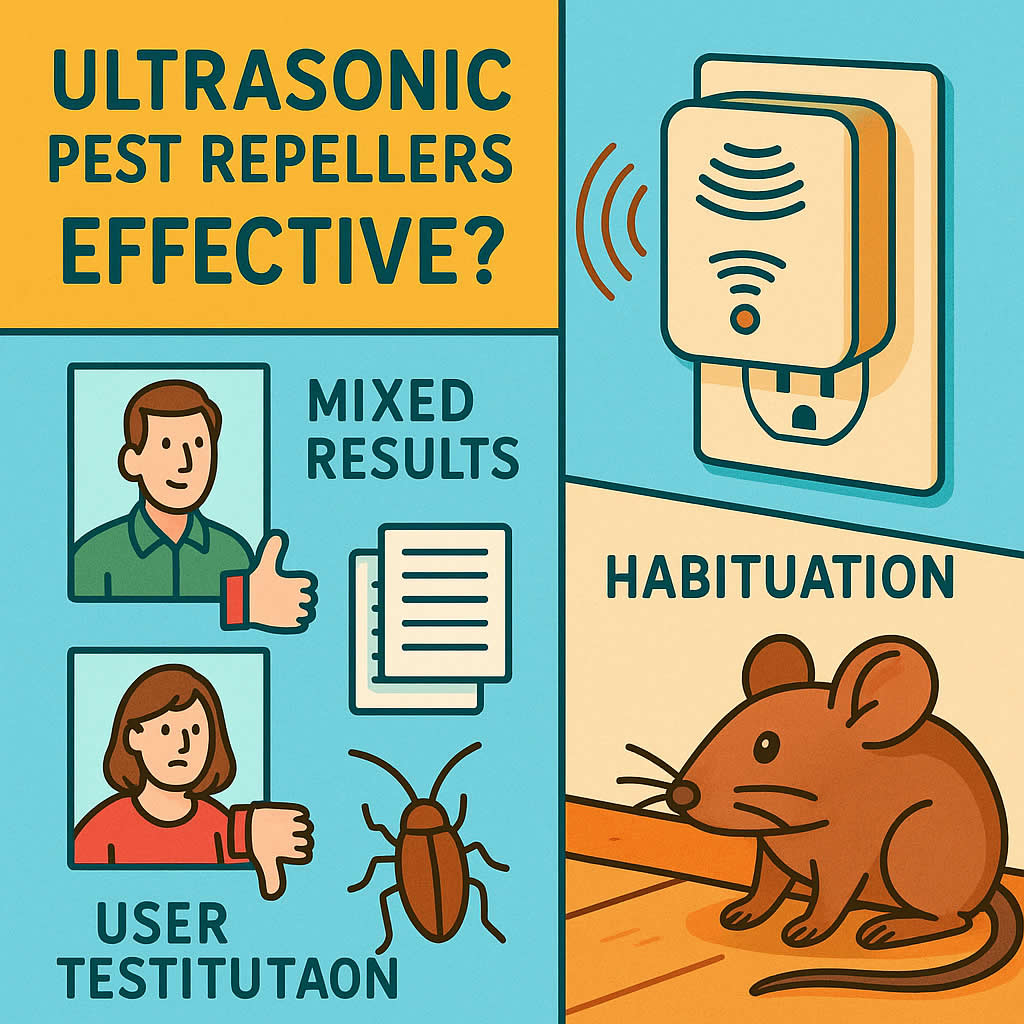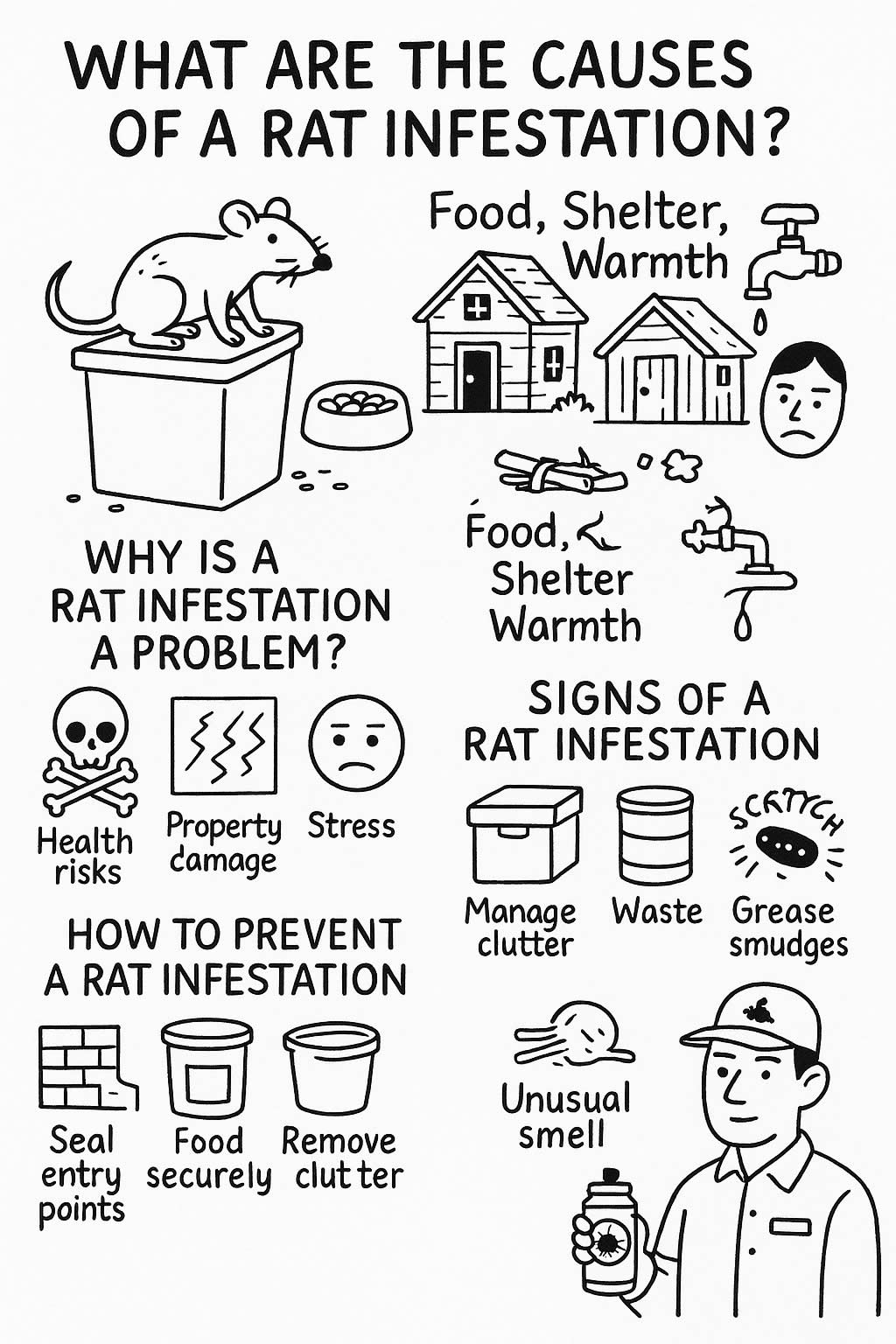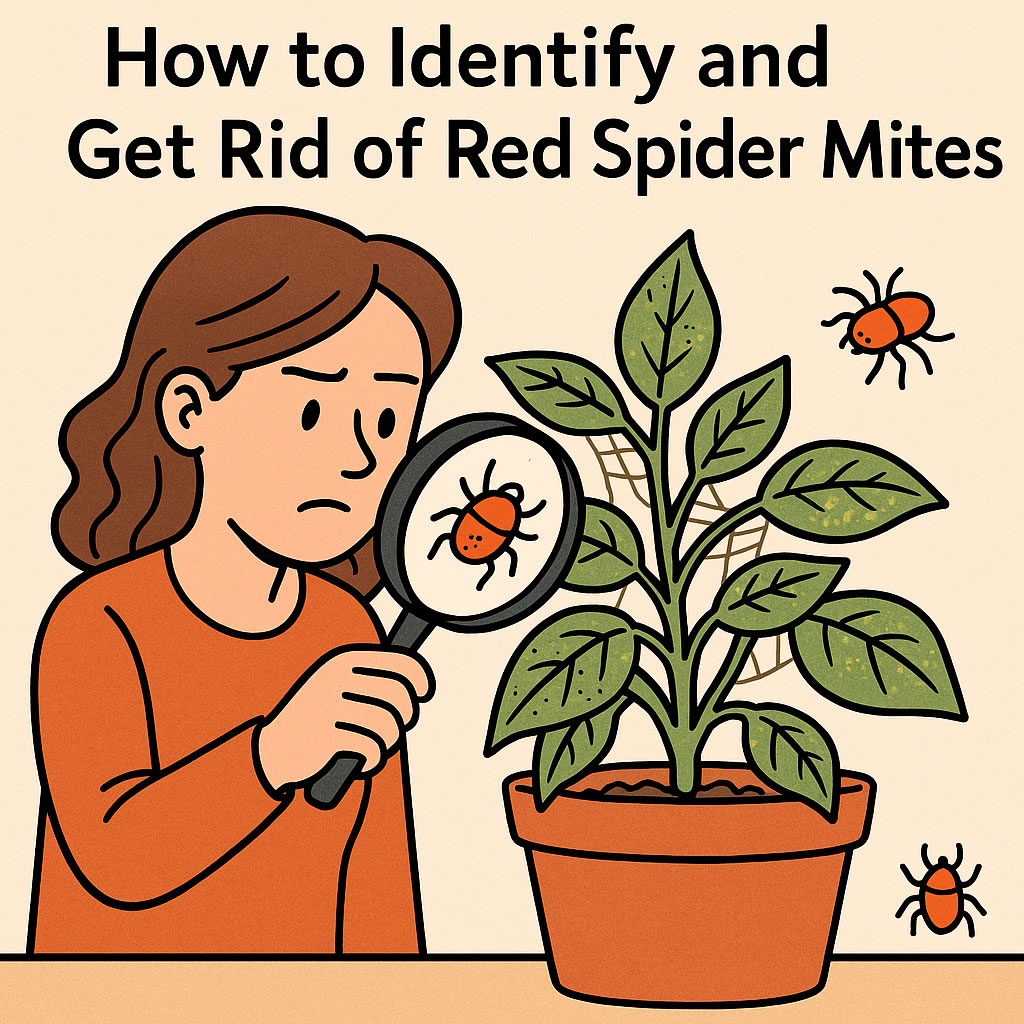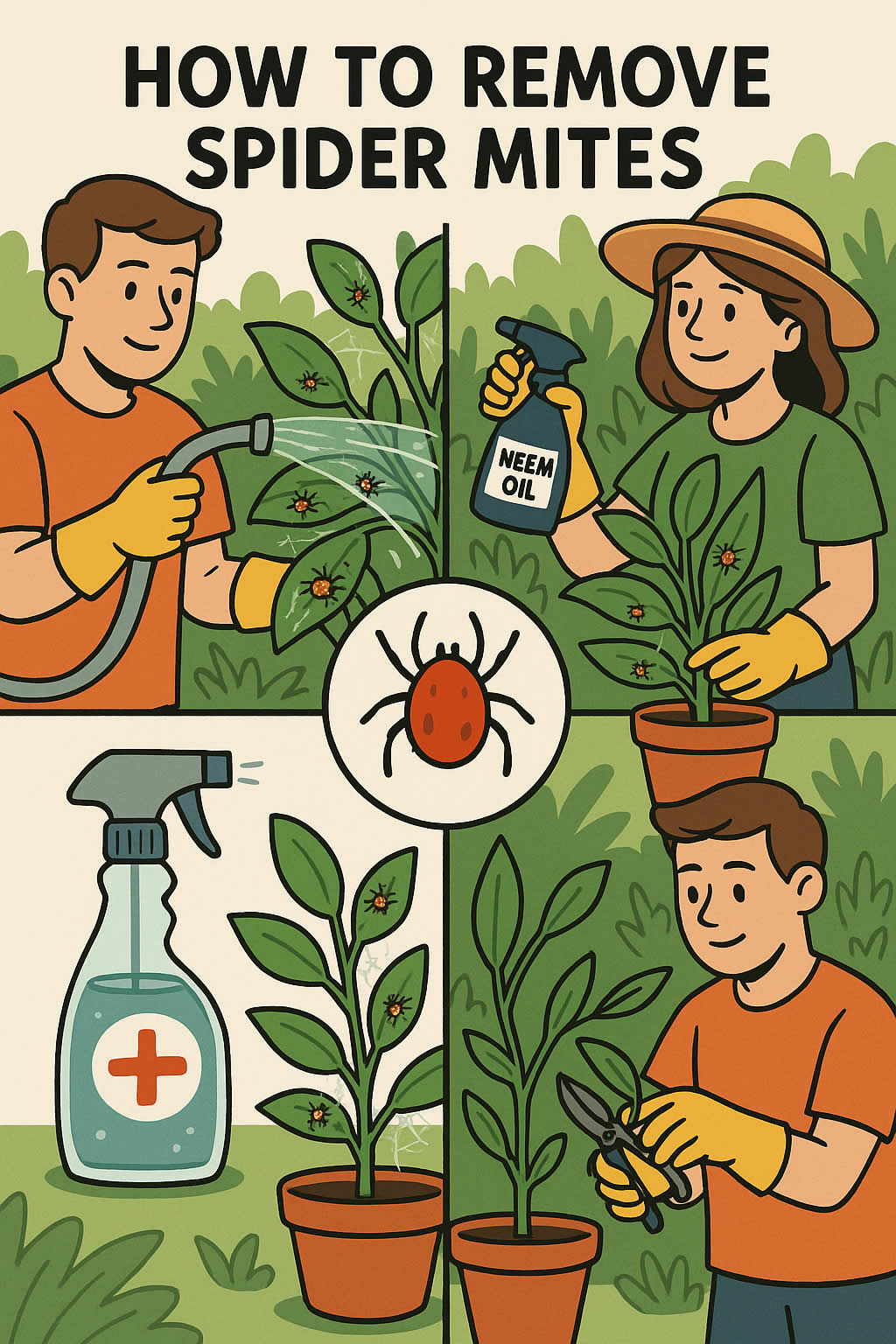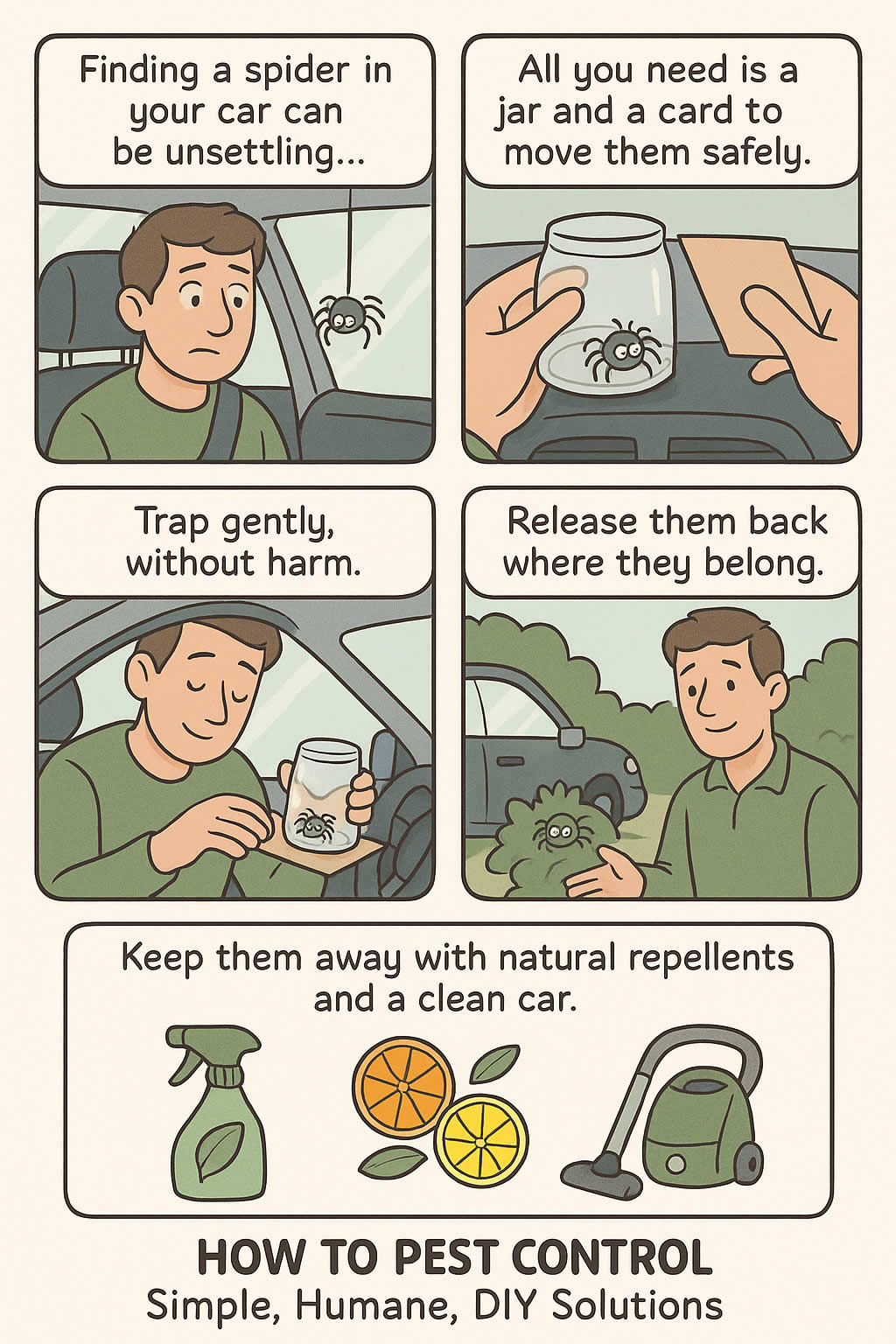Related Queries
ToggleAutumn marks the start of spider season in the UK, and we’ve all wondered how to stop spiders coming in open windows as these eight-legged visitors seek shelter from colder and wetter weather.
Did you know that spiders are primarily nocturnal? This means they’re most active at night when our windows are often left open. Furthermore, these clever creatures are attracted to light and prefer dark, undisturbed areas to hide. Consequently, learning what keeps spiders away and how to prevent spiders in house becomes essential during these cooler months.
In this guide, we’ll explore effective methods to stop spiders coming inside, from natural deterrents like citrus scents and essential oils to practical strategies such as keeping windows closed at night. Additionally, we’ll share how simple household items like WD-40 can create slick surfaces that prevent spiders from building webs for up to a year. Whether you’re dealing with an occasional visitor or regular eight-legged guests, our expert tips will help you maintain a spider-free home without harsh chemicals.
Why Spiders Enter Through Open Windows
Understanding why spiders enter our homes is the first step in preventing them. These eight-legged creatures have specific motivations that drive them indoors, particularly through open windows.
Spiders seek warmth and shelter in colder months
As temperatures drop, spiders instinctively search for warmer environments. These cold-blooded creatures become sluggish in lower temperatures, making our cozy homes particularly appealing. House spiders often enter through various openings, seeking protection from harsh weather conditions. Winter months especially trigger this migration indoors as spiders look for suitable places to survive the cold season.
Many homeowners notice increased spider activity during autumn, as this is when many species actively seek indoor shelter. Indeed, some spider species have specifically adapted to living indoors, preferring the stable temperatures our homes provide. For these house-dwelling arachnids, your home represents the ideal habitat rather than a temporary refuge.
Open windows are easy access points
Windows provide the most direct entry route for spiders into our homes. Essentially, an open window is an invitation for spiders to walk right in. Moreover, some spider species can even drift indoors through open windows using a process called “ballooning” – floating on strands of silk carried by air currents.
Beyond just windows, spiders find their way inside through:
- Cracks and gaps around window frames
- Poorly sealed doors and foundations
- Openings around pipes, vents, and utility lines
- Drain pipes and overflow pipes
- Air-bricks and chimneys
Therefore, understanding these entry points is crucial if you’re wondering how to prevent spiders in house situations.
Light and food sources attract them
While spiders themselves aren’t directly attracted to light, the insects they hunt certainly are. Outdoor lighting near windows creates a perfect hunting ground, first attracting insects and subsequently the spiders that feed on them. Primarily, spiders enter homes looking for food sources – if you have insects indoors, spiders will follow.
House spiders particularly favor areas where they can find both food and suitable hiding places. They prefer dark corners with minimal human activity, as they’re sensitive to movement. Untidy homes with clutter provide both abundant hiding spots and increased insect populations that spiders consider a “smorgasbord” of potential meals.
First, recognize that spiders, like any creature, require basic necessities: food and shelter. Once you understand their motivations, you can implement effective strategies for how to stop spiders coming inside your living spaces.
How to Block Entry Points Effectively
Creating physical barriers is the most effective strategy to stop spiders from entering your home. Once you know where and why these eight-legged visitors are coming in, you can take practical steps to block their access.
Seal cracks and gaps around windows and doors
Spiders can squeeze through incredibly tiny openings, making thorough inspection and sealing essential. Initially, examine your home’s exterior for potential entry points:
- Check window frames, door frames, and sills for visible cracks
- Look for gaps in walls, baseboards, and around utility pipes
- Inspect the foundation and basement areas thoroughly
After identifying these openings, use appropriate materials to seal them:
- Caulk or silicone sealant works best for small to medium cracks around windows and door frames
- Weatherstripping effectively blocks gaps between moving parts of doors and windows
- Expanding foam fills larger gaps, especially in foundation areas
- Door sweeps attached to the bottom of exterior doors prevent spiders from crawling underneath
Accordingly, filling even tiny gaps dramatically reduces the chances of spiders finding their way inside.
Install fine mesh screens on windows
Window screens create a physical barrier while still allowing fresh air to circulate. Primarily, the effectiveness depends on the mesh size and installation quality:
- Opt for fine mesh screens that can block even smaller spider species
- Ensure professional installation to avoid gaps around edges
- Regularly inspect screens for tears or damage
- Consider tailor-made screens for better protection than generic options
Alongside proper installation, maintaining your screens in good condition ensures continuous protection against unwanted eight-legged visitors.
Keep windows closed at night
Nighttime is when spiders are most active, making this simple habit particularly effective. Regardless of how much you enjoy fresh air while sleeping, keeping windows shut during the evening and night significantly reduces spider intrusions.
Most house spiders are nocturnal hunters, so they’re primarily searching for entry points after dark. In fact, many homeowners report fewer spider sightings after adopting the habit of closing windows before sunset.
Ultimately, combining these three approaches—sealing gaps, installing quality screens, and keeping windows closed at night—creates a comprehensive defense system to stop spiders coming in open windows and maintain a more arachnid-free living environment.
Natural Ways to Keep Spiders Away
Beyond physical barriers, natural repellents offer an effective second line of defense to deter spiders. These chemical-free solutions harness substances that spiders naturally avoid, creating invisible boundaries around your home.
Use citrus peels or lemon juice on sills
Spiders dislike the smell of citrus fruits. Rubbing lemon or orange peels across windowsills and other entry points causes spiders to flee, creating a natural barrier. This method is both simple and cost-effective compared to professional pest control services.
For a more thorough application, mix lemon juice with water in a spray bottle and apply to corners, moist areas, and potential entry points. This leaves a pleasant fresh scent throughout your home while deterring unwanted eight-legged visitors.
Caution: Test citrus applications on a small, inconspicuous area first, as they may strip paint from windowsills.
Spray peppermint or eucalyptus oil
Essential oils stand out as powerful spider repellents due to their strong aromas. Peppermint oil contains menthol, a component spiders are particularly sensitive to. Similarly, eucalyptus oil creates an intense olfactory barrier that discourages spider movement.
To create an effective spray:
- Mix 10-15 drops of essential oil with one cup of water
- Add a dash of dish soap to help emulsify the solution
- Shake well before each application
Apply weekly around windows, doors, and corners. If spiders reappear before the week ends, increase application frequency to every 2-3 days. This natural solution requires more frequent application than chemical alternatives but avoids introducing harmful substances into your home.
Place conkers on window ledges
Horse chestnuts (conkers) have long been used as traditional spider deterrents. Although scientific evidence is limited, many homeowners report success. The theory suggests conkers contain chemicals that repel spiders.
To try this method, place 4-5 conkers near windows and entry points. They require no maintenance and last for extended periods. Nonetheless, results vary – some report significant reduction in spider activity, while others see little effect.
Try vinegar and water spray
A simple 50/50 solution of white vinegar and water creates another effective spider repellent. The acetic acid in vinegar irritates spiders, making treated areas uncomfortable for them.
Spray this mixture around windowsills, door frames, and potential entry points. Although the vinegar smell dissipates quickly after application, it continues working as a deterrent. Apply both indoors and outdoors (where accessible) for maximum effectiveness.
Clean and Maintain Your Home to Discourage Spiders
Regular maintenance serves as a powerful deterrent against spider infestations in your home. By implementing consistent cleaning habits, you can make your living environment significantly less appealing to these eight-legged creatures.
Vacuum regularly, especially corners and under furniture
Frequent vacuuming disrupts spider habitats and removes their food sources. Focus primarily on corners, ceiling edges, and those hard-to-reach spots where spiders typically build webs. Pay special attention to areas behind furniture, under beds, and along baseboards – prime real estate for spider activity.
Using vacuum attachments helps reach high corners where cobwebs often form. Meanwhile, regular cleaning of kitchen areas removes crumbs that attract insects – the primary food source for hungry spiders. For maximum effectiveness, vacuum at least weekly, focusing on seldom-cleaned areas where spider populations thrive.
Declutter storage areas and window sills
Spiders love undisturbed, cluttered spaces. Regularly organizing storage areas removes potential hiding spots that make your home inviting to arachnids. Piles of newspapers, magazines, boxes, and unused items create perfect spider habitats, practically inviting them to settle in.
Window sills often accumulate items that provide ideal shelter for spiders. Obviously, keeping these areas clean and organized reduces the likelihood of spiders establishing residence near your windows – their primary entry point into your home.
Remove webs and dead insects
Promptly removing spider webs serves two purposes: it eliminates their homes and discourages them from rebuilding in the same location. For effective web removal:
- Use vacuum cleaner attachments for hard-to-reach corners
- Try long-handled dusters for high ceiling webs
- Apply brooms with extended handles for outdoor web removal
After removing webs, dispose of debris immediately outside your home. Even more importantly, clean away dead insects that attract hungry spiders seeking easy meals.
Turn off outdoor lights at night
Outdoor lighting unintentionally creates a spider buffet by attracting insects. Turning off exterior lights when not needed dramatically reduces the insect population around your windows. Alternatively, switch to yellow “bug lights” that attract fewer insects.
For necessary lighting, consider installing motion-sensor lights or using opaque blinds to prevent indoor light from shining through windows. Simultaneously, maintaining your yard by removing debris, standing water, and overgrown vegetation further reduces both insect and spider populations around your home.
Our Final Say!
Stopping spiders from entering through open windows requires a multi-faceted approach. Throughout this guide, we’ve explored why these eight-legged creatures seek entry to our homes and provided practical solutions to keep them outside where they belong.
Remember, spiders primarily search for warmth, shelter, and food sources, especially during autumn months. Consequently, your defense strategy must address each of these motivations. Physical barriers offer your first line of protection – sealing cracks, installing fine mesh screens, and keeping windows closed after sunset significantly reduces unwanted spider visitors.
Natural deterrents add another layer of protection without harsh chemicals. Citrus scents, essential oils like peppermint and eucalyptus, traditional remedies such as conkers, and simple vinegar solutions all create environments spiders actively avoid. These solutions prove particularly effective when applied consistently around entry points.
Regular home maintenance completes your spider prevention plan. Frequent vacuuming, decluttering spaces, prompt web removal, and minimizing outdoor lighting eliminate both spider habitats and their insect prey. Most importantly, combining these approaches creates a comprehensive system that works year-round.
We recommend starting with entry point protection, then adding natural deterrents to areas spiders frequently visit. Lastly, establish a regular cleaning routine focusing on corners, undisturbed areas, and windowsills. This three-pronged approach ensures your home remains comfortable for you but decidedly unwelcoming for spiders.
Patience and consistency remain key factors for success. Spider prevention works best as an ongoing practice rather than a one-time solution. Therefore, incorporate these methods into your regular home maintenance routine for a spider-free living environment all year long.
Pest Control Linslade – Pest Control Felmersham – Pest Control Hampshire

